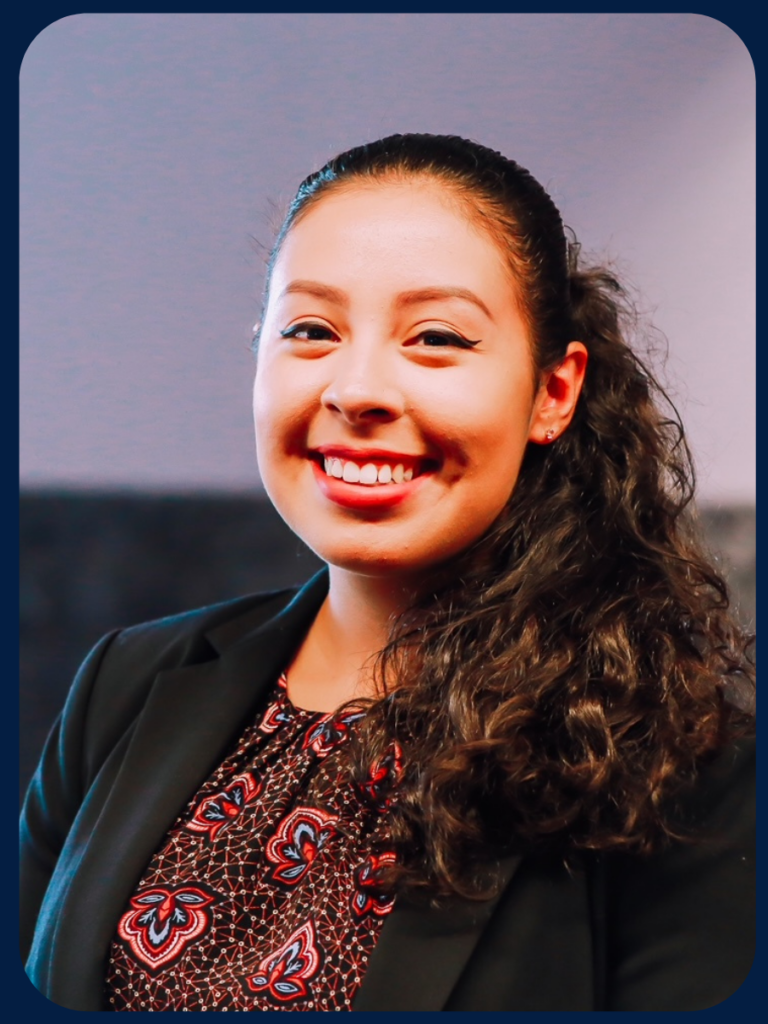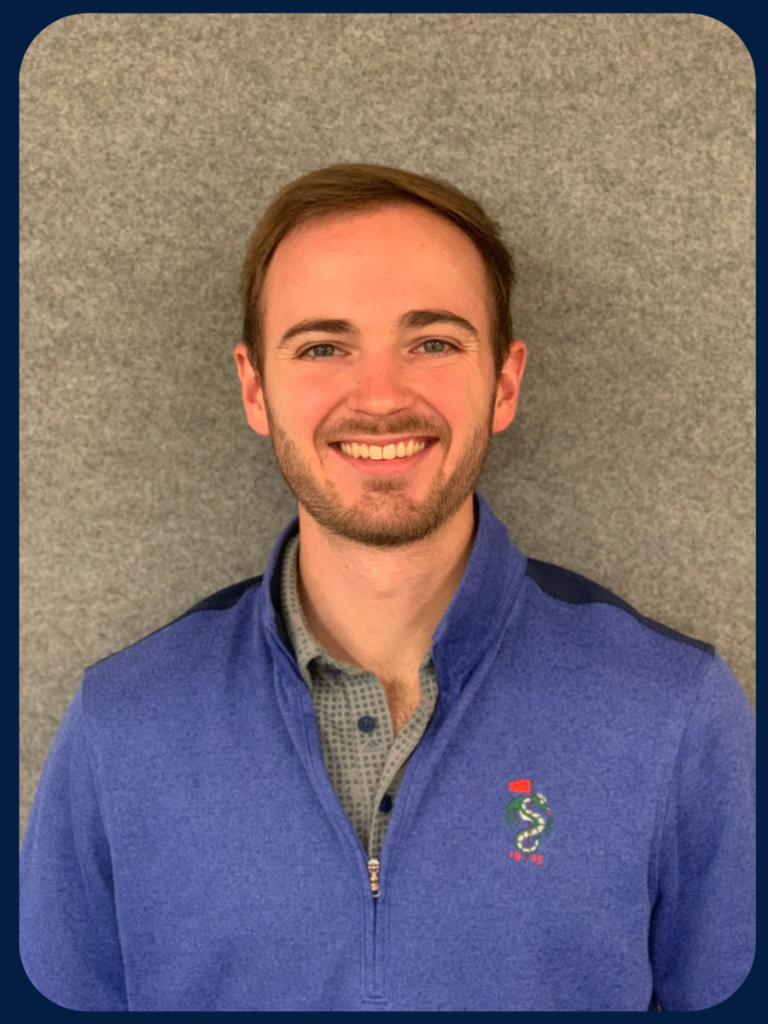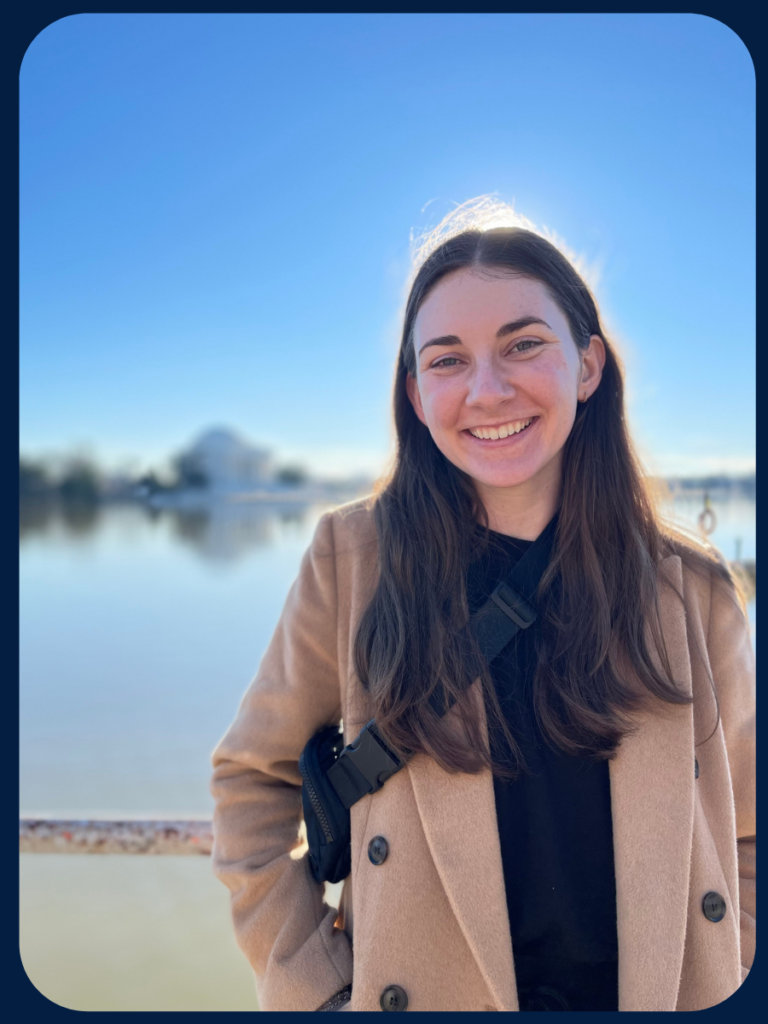Alumni Profiles
Madelyne Ventura
MS’23, Senior Data Scientist at Deloitte
Explore Madelyne’s DSAN journey, her advice for current and prospective DSAN students, and the best career advice she received in the program.
Greg Gaylord
MS’21, SQL Developer at The Cobalt Company
Explore Greg’s DSAN journey, his advice for DSAN students, and why he finds machine learning fascinating.
Monroe Farris
MS’23, Intermediate Data Science Engineer at MITRE
Explore Monroe’s DSAN journey and how she juggled working full-time as a full-time student.
Brian Li
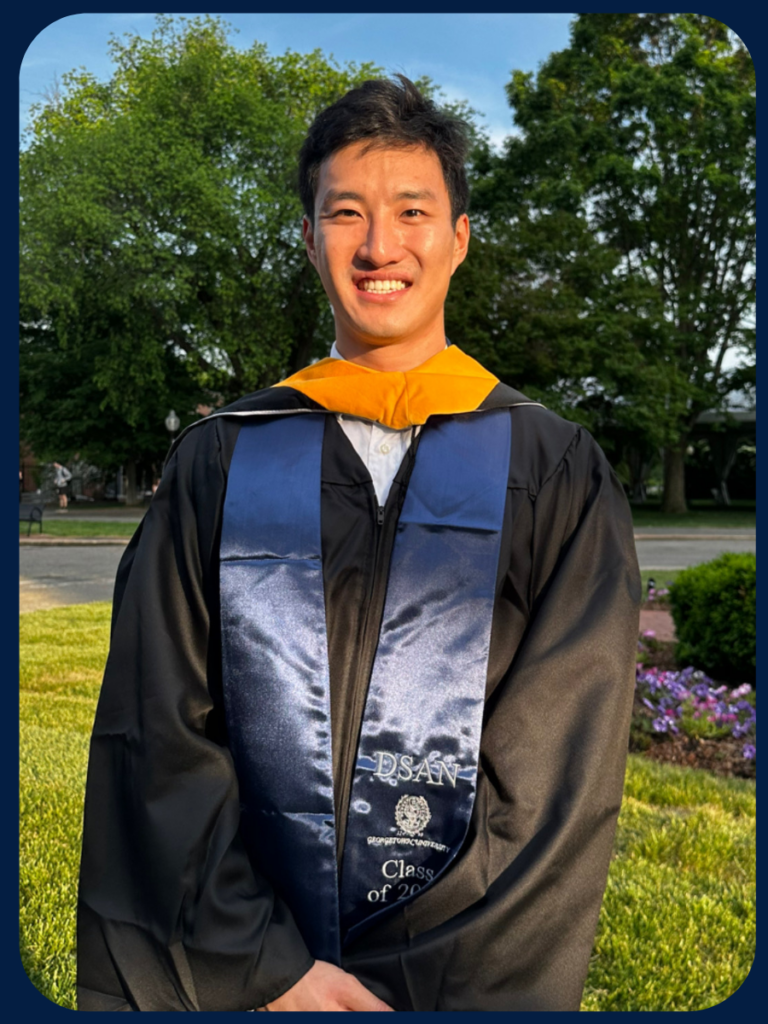
MS’23, Data Engineer and Senior Consultant at Booz Allen Hamilton
Explore Brian’s DSAN experience forging friendships and finding inspiration in collaboration.
Gabriella Zakrocki
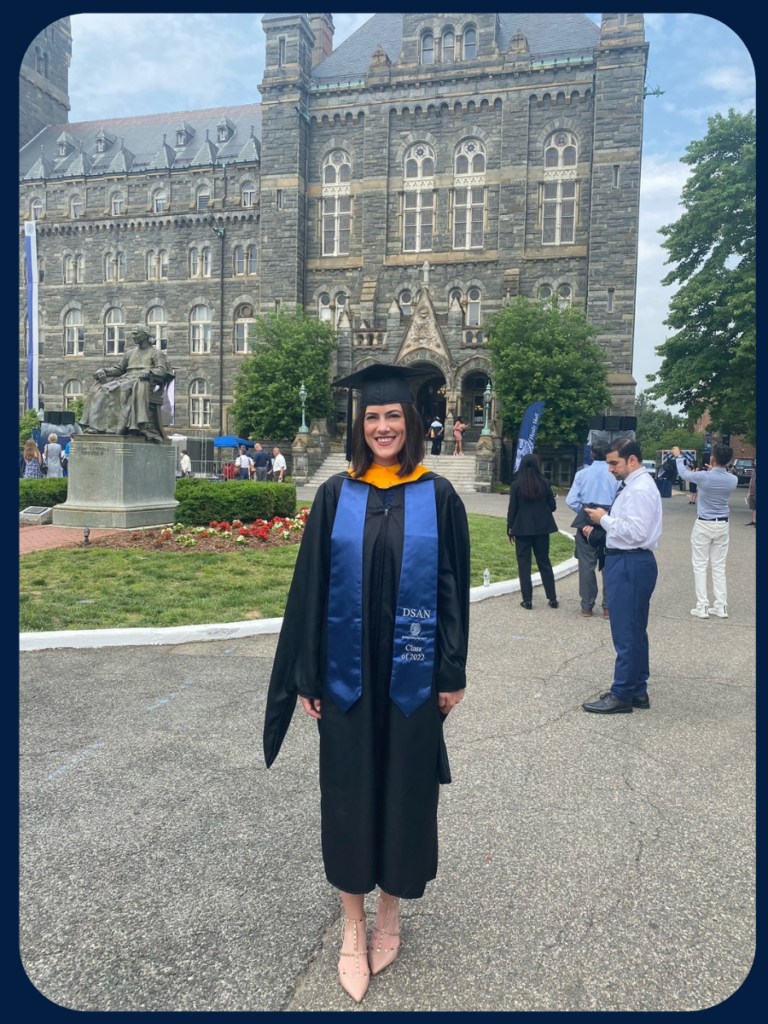
MS’22, Data Scientist at Sony Pictures Entertainment
Learn more about Gabriella’s journey from DSAN to Hollywood.
Matt Tsang
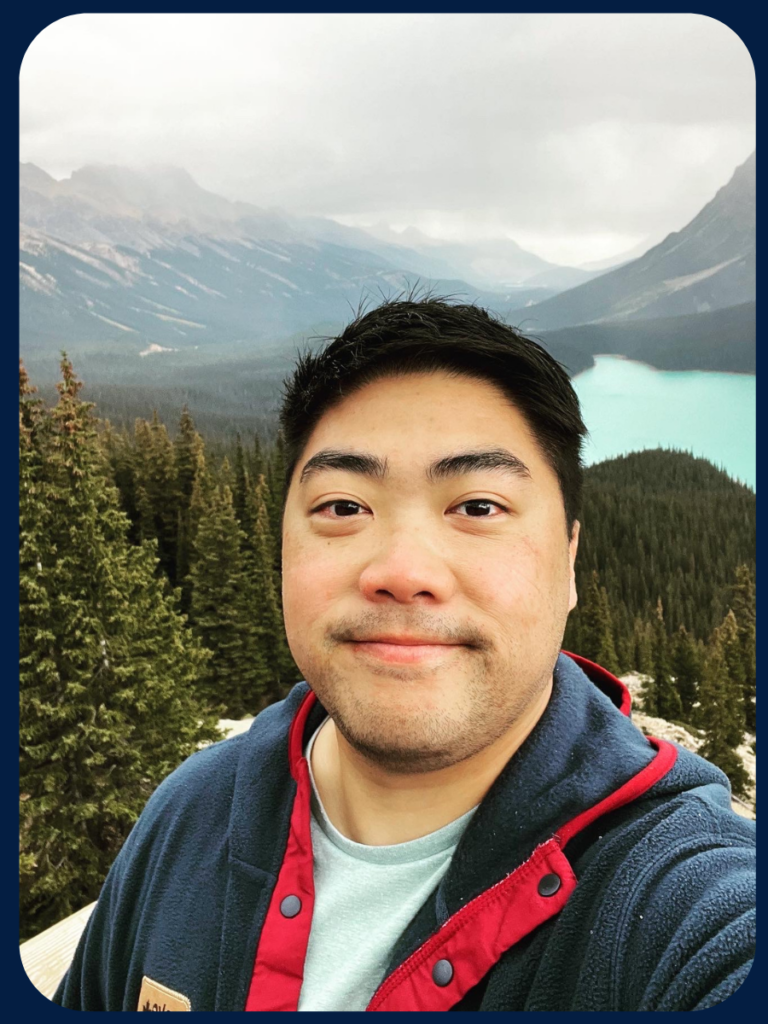
MS ’22, Consultant at Deloitte
Learn more about Matt’s experience as a part-time grad student, where he combined his love of math and data.
Adam Imran
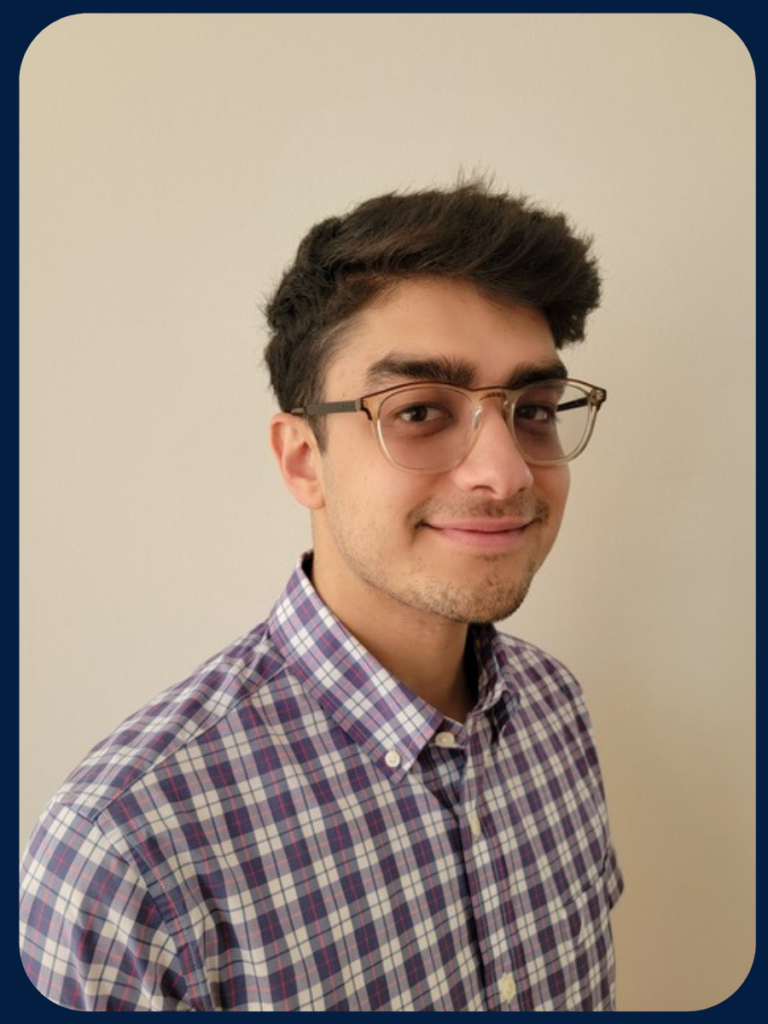
MS ’20, Senior Data Scientist in Network Analysis and Control at MITRE
Learn about Adam’s experience at DSAN and how he works to create a better, safer world.
